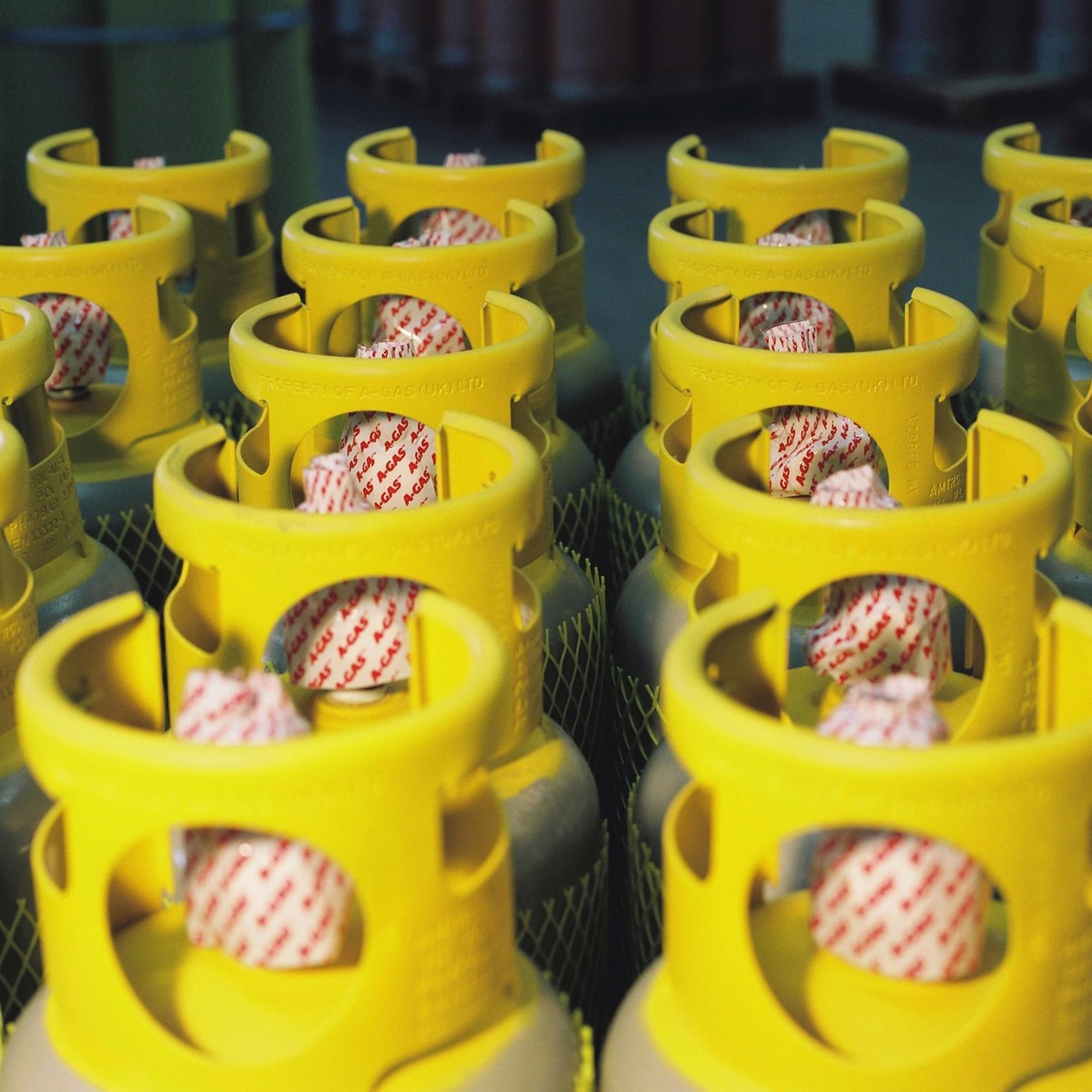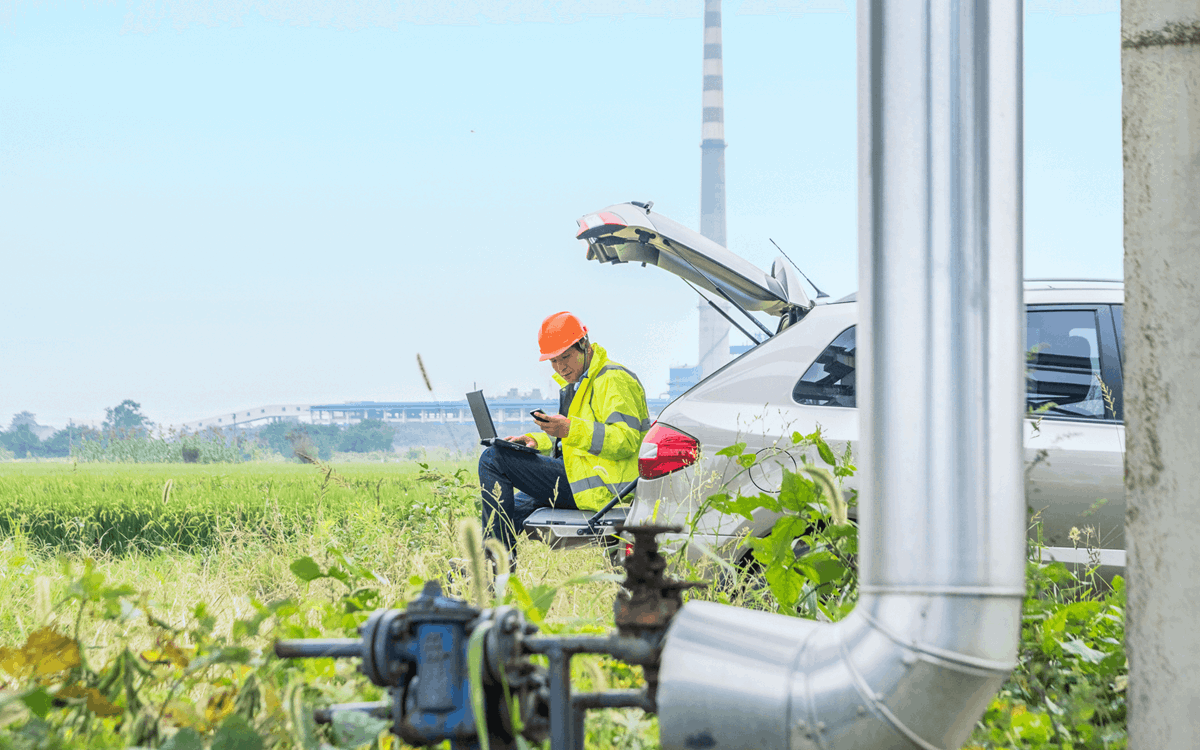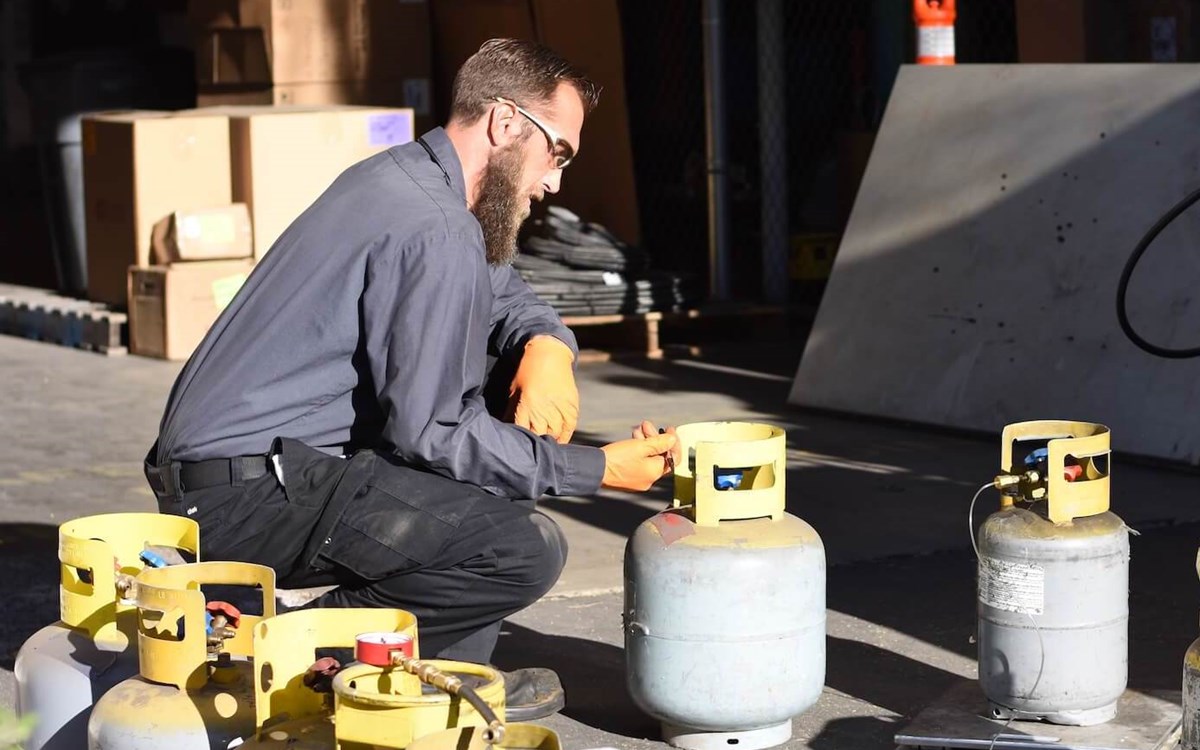
Washington State House Bill 1050 - 2021-22
Learn more about Washington's House Bill focused on reducing greenhouse gases
Washington builds on earlier state legislation and the AIM Act in an effort to reduce greenhouse gas emissions.
Washington's Department of Ecology (Ecology) adopted into law two sets of rules—Chapters 173-443 WAC, Hydrofluorocarbons (HFCs) and other Fluorinated Greenhouse Gases and 173-445 WAC, Air Quality Fee Rule—which go into effect on January 31, 2024.
The information below is to provide awareness of these regulations, and we recommend you work with your internal regulatory teams to ensure you have the right plan for your organization.
Key Points
The adopted rule establishes:
- Maximum Global Warming Potential (GWP) thresholds for HFCs in:
- Refrigeration and air conditioning systems
- Small cans of refrigerants
- Aerosol cans
- New labling and recordkeeping requirements
- Amendements to product disclosure requirements
- Leak inspection and repair
- Required service practices, training, and certification for technicians who work with HFCs
- A refrigerant management program (registration, leak inspection, leak repair, recordkeeping, and reporting requirements) for owners or operators of large stationary refrigeration and air conditioning systems
Any violations of restrictions on HFCs and Ozone Depleting Substances (ODS) are subject to penalties authorized under the Clean Air Act.

Expected Benefits
- Reduce greenhouse gas emissions by an estimated 5.5 million metric tons of carbon dioxide equivalent (CO2e) over the next 20 years
- Improve public health by reducing air pollution
- Create jobs
- Save businesses money on energy costs

Download Resources
Download a summary of the bill for review. View a full copy of HB 1050 - 2021-22 and related legislative documents on the Washington State Legislature website.

FAQs
This bill applies to anyone who:
- Owns or operates a facility that has an air conditioning and/or refrigeration system that has a full charge of 50 pounds or more of a refrigerant with a GWP greater than 150
- Installs, repairs, maintains, services, or disposes of air conditioning or refrigeration equipment
- Wholesale supplies, distributes, or reclaims any amount of refrigerants with a GWP greater than 150
Beginning January 1, 2024, owners/operators of facilities with an air conditioning and/or refrigeration system with a full charge of 50 pounds or more of a refrigerant with a GWP greater than 150 will also need to maintain records for at least five years.
Learn more in the Proposed Rule Language Information Guidebook published by Ecology.
The manufacturer of the cooling system needs to report all applicable HFCs and substitutes for the reporting requirement.
Owners/operators of systems with 50 pounds or more in a full charge will need to register by March 15, which a schedule based on system charge:
- System charge greater than or equal to 1,500 (large systems) will need to register by March 15, 2024
- System charge of 200 to 1,499 (medium systems) will need to register by March 15, 2026
- System charge of 50 to 199 (small systems) will need to register by March 15, 2028
Wholesalers/distributors will need to register by March 15, 2024.
Contractors who charge the refrigerant onsite after the system was assembled do not need to fulfill this requirement.
Manufacturers, importers, and distributors will need to use the reporting form is on Ecology's website to notify Ecology about any products or equipment that contain HFCs.
Owner/operators must conduct leak inspections for systems based on the size of their systems. Beginning January 1, 2024:
- System charge greater than or equal to 1,500 (large systems) will need to report monthly
- System charge of 200 to 1,499 (medium systems) will need to report every three months
- System charge of 50 to 199 (small systems) will need to report annually
Note that if a system, or portion of a system, is in an enclosed building and continuously monitored by an automatic leak detection system (ALD), regular leak inspections are not required so long as the ALD is audited and calibrated annually.
Beginning January 1, 2024, all owners/operators of all system sizes need to keep records of the following for at least 5 years:
- All registration information
- Documentation of all leak detection systems, leak inspections, and annual audit and calibrations of Automatic Leak Detection (ALD) systems
- Records of system service and refrigerant leak repairs, including all documentation of any conditions which resulted in more than 14 days to repair a refrigerant leak after detection
- Any retrofit or retirement plans
- All other required reports
- Any application for an exemption and any Ecology notification of approval, denial, revocation, or modification of an exemption
- Required written documentation indicating that the system will be replaced or retrofitted to a low-GWP refrigerant before January 1, 2027 (in lieu of installing ALD)
- Invoices of high-GWP refrigerant purchases
- Record of all shipments of high-GWP refrigerants for reclamation or destruction
- Records of all refrigeration or air condition systems component data, measurements, calculations, and assumptions used to determine full charge
Refrigerant wholesalers/distributors will need to submit annual reports, beginning March 1, 2025, which cover all Washington facilities with aggregate data including:
- Contact information
- Refrigerant distribution data
- Refrigerant reclamation data
No, fire suppressing foams are not impacted by this law. Foams that are impacted include those used in insulation and XPS.
Internally we use CylTrak®, which is our proprietary and industry-leading cylinder tracking and management system. By scanning this barcode we can trace everywhere this cylinder has been since the day it first arrived at one of our facilities. We can track what products are in it, what has previously been in it, and the certifications for the gases. This is also how we can ensure that all of our A-Gas-owned cylinders are within the DOT test date.
No, this is only applicable to products bought, sold, manufactured, or used in equipment/systems within the state of Washington.
Not at this time. Existing equipment that contains HFCs can still be used. However, when that system meets the end of its useful life, the newly installed equipment will need to meet the state's requirements.


